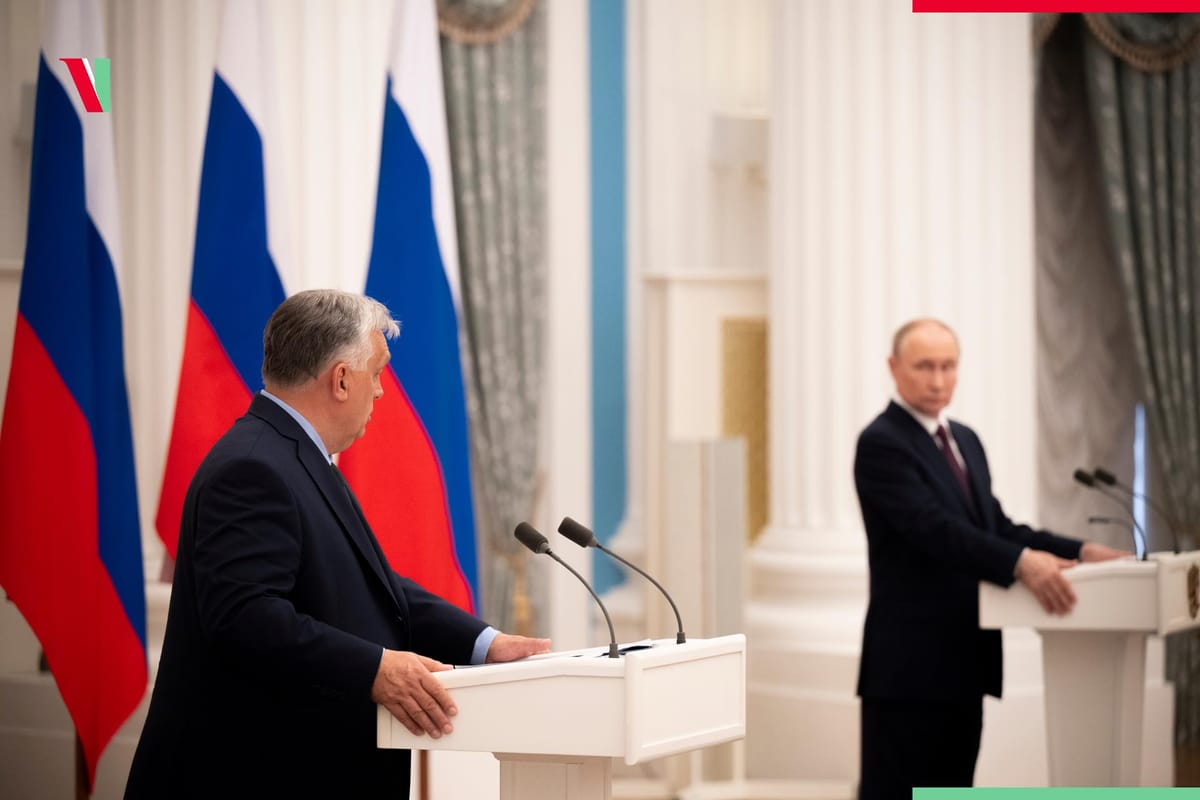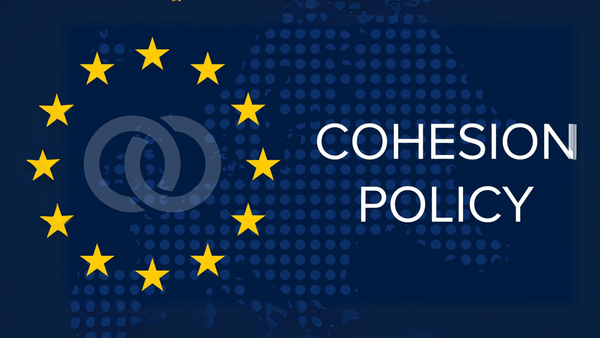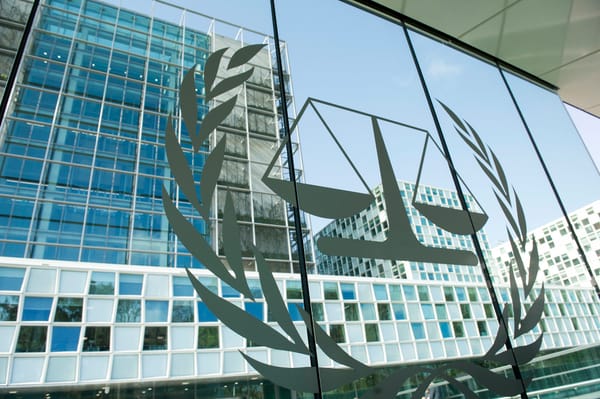
EU shuns Budapest meetings, as Hungary's rotating presidency whirls on
Despite only starting its EU rotating presidency on 1 July, Hungary has already made it one of the more memorable of these ordinarily uneventful 6-month tenures.
Hungarian Prime Minister Viktor Orban spent the first week of his presidency on a self-styled “peace mission”, when he visited Ukrainian President Volodymyr Zelenskyy, Russian President Vladimir Putin and Chinese leader Xi Jinping, sparking accusations of mission creep and lack of solidarity with EU foreign policy.
As the presidency entered its third week, European Commission (EC) President Ursula von der Leyen, who was re-elected for another five years last week, ordered that during informal meetings of the EU Council in Budapest, the EC will be represented only by senior civil servants and not EU commissioners.
This decision, confirmed by EU Commission senior spokesman Eric Mamer, marked an unprecedented move as commissioners typically participate in one- or two-day meetings at the start of every rotating EU presidency. Originally scheduled for early July and later postponed to September, the College visit to Budapest has also been cancelled, reflecting von der Leyen’s dismay with Orban.
In a sharply critical address at the European Parliament (EP), von der Leyen condemned Orban’s recent visit to Moscow. Describing Orban’s actions as an “appeasement mission,” von der Leyen drew a parallel to British Prime Minister Neville Chamberlain’s policy before World War II.
“This so-called peace mission was an appeasement mission,” von der Leyen stated, referencing Orban’s meeting with Putin, to resounding applause.
The decision to boycott the Hungarian EU presidency faced criticism from several EU figures. Austrian Chancellor Karl Nehammer and Luxembourg Prime Minister Luc Frieden both opposed the boycott, arguing that it would not be productive. Netherlands Prime Minister Dick Schoof stated that the Netherlands would evaluate participation on a case-by-case basis.
Hungary hits back at criticism
Hungarian EU Affairs Minister Janos Boka criticised von der Leyen’s decision, asking whether all European Commission decisions would now be made on a political basis. Boka emphasized that the EU, as a collective organisation, should not “cherrypick” member states and institutions, and asserted that the Hungarian presidency seeks cooperation with all member states and institutions to address common European challenges.
Hungarian Foreign Minister Peter Szijjarto condemned the EU’s decision to boycott the presidency, arguing that it unfairly stigmatises Hungary for advocating peace and keeping diplomatic channels open.
Szijjarto wrote that Hungary’s “peace missions” are now being aped by other European politicians, in a Facebook post made early on Monday, 22 July: “The Brussels foreign bureaucracy and the leaders of certain EU member states have been sticking their tongues out at our peace mission for weeks – out of frustration/envy/the revelation of their failed strategy.
“Why did they have to meet Vladimir Putin, Xi Jinping and Donald Trump?! Well, what has happened since then: the Swiss foreign minister met with the Russian foreign minister, the US and Russian defence ministers talked on the phone, and President Zelenskyy talked to President Trump,” Szijjarto wrote.
Fidesz MEP group chair Kinga Gal labeled the boycott of the Hungarian EU presidency as part of von der Leyen’s re-election campaign, who she accused of using EU institutions for political blackmail and pressure, calling the move unacceptable and contrary to the principles of European cooperation.
MEPs demand revocation of Hungary’s EU voting rights
Meanwhile 63 MEPs called for the revocation of Hungary’s EU voting rights, in a letter to von der Leyen, European Council President Charles Michel, and EP President Roberta Metsola.
The letter claims that Orban’s actions have caused damage by falsely representing himself as an EU representative. The MEPs argued that verbal condemnations are insufficient and called for concrete actions, such as suspending Hungary’s voting rights in the EU Council, to address what they view as Orban’s misuse of the presidency. The call for action reflects ongoing discontent with Hungary’s handling of its EU presidency and its foreign policy.
On Wednesday, the European Parliament approved a resolution condemning Orban for violating EU treaties and common foreign policy. The resolution, passed with 495 votes in favor, 137 against, and 47 abstentions, marks the Parliament’s first official stance on Ukraine since its re-election in June.
The document criticises Orban’s trip to Russia and highlights his perceived ineffectiveness, noting an attack on a Ukrainian children’s hospital shortly after his Moscow visit. The resolution reflects growing frustration within the EU regarding Orban’s foreign policy actions.
Opposition Tisza Party vice-president Peter Magyar expressed partial disagreement with the resolution, particularly regarding allegations of Orban abusing his veto rights on Ukrainian support. Democratic Coalition MEP Klara Dobrev voiced strong support for the resolution, criticising Fidesz and Tisza Party MEPs for their stance and urging them to reflect on their positions.
Orban defends Moscow visit at EPC
Orban defended his controversial visit to Moscow, and argued for a European foreign policy independent of US influence, calling for a strategic autonomy that reflects a uniquely European approach, at the European Political Community (EPC) summit at Blenheim Palace near Oxford, UK.
“The gist of our concept, which differs from the official one, is that the EU should not copy the foreign policy of the US Democrats, but in the spirit of strategic autonomy… an own European approach would be needed,” Orban declared.
Zelenskyy tacitly criticised Orban during his speech at the EPC summit. He warned against attempts to resolve conflicts behind closed doors or at the expense of Ukraine. “If somebody in Europe, behind our back, or at anybody’s expense, tries to solve the problems, if somebody wants to travel to the capital of the war to have a talk and perhaps against our common interests or at the expense of Ukraine or other countries, why should we take such a person into consideration?” Zelensky remarked.
Despite facing criticism, Orban asserted that progress is being made on his peace mission. He said a solution to the Russian-Ukrainian conflict must be negotiated rather than achieved through military means. “I do not believe in defeating the Russians on the military ground. We keep losing thousands of innocent lives while human life is the most valuable thing,” he said.
Michel dismisses Orban’s ‘pro-war’ accusation
Michel officially rebutted Orban’s claims that the EU pursues a pro-war policy, and conveyed to Orban that he lacks the authority to undertake a peace mission as the rotating EU presidency president.
Michel’s response followed Orban’s letter, which outlined another of his visits – to US presidential candidate Donald Trump – which detailed several demands for resolving the conflict. Michel rejected Orban’s accusation, asserting that Russia is the aggressor and Ukraine has the right to defend itself. He underscored the EU’s commitment to a comprehensive and just peace, including engagement with all relevant parties, such as China.





